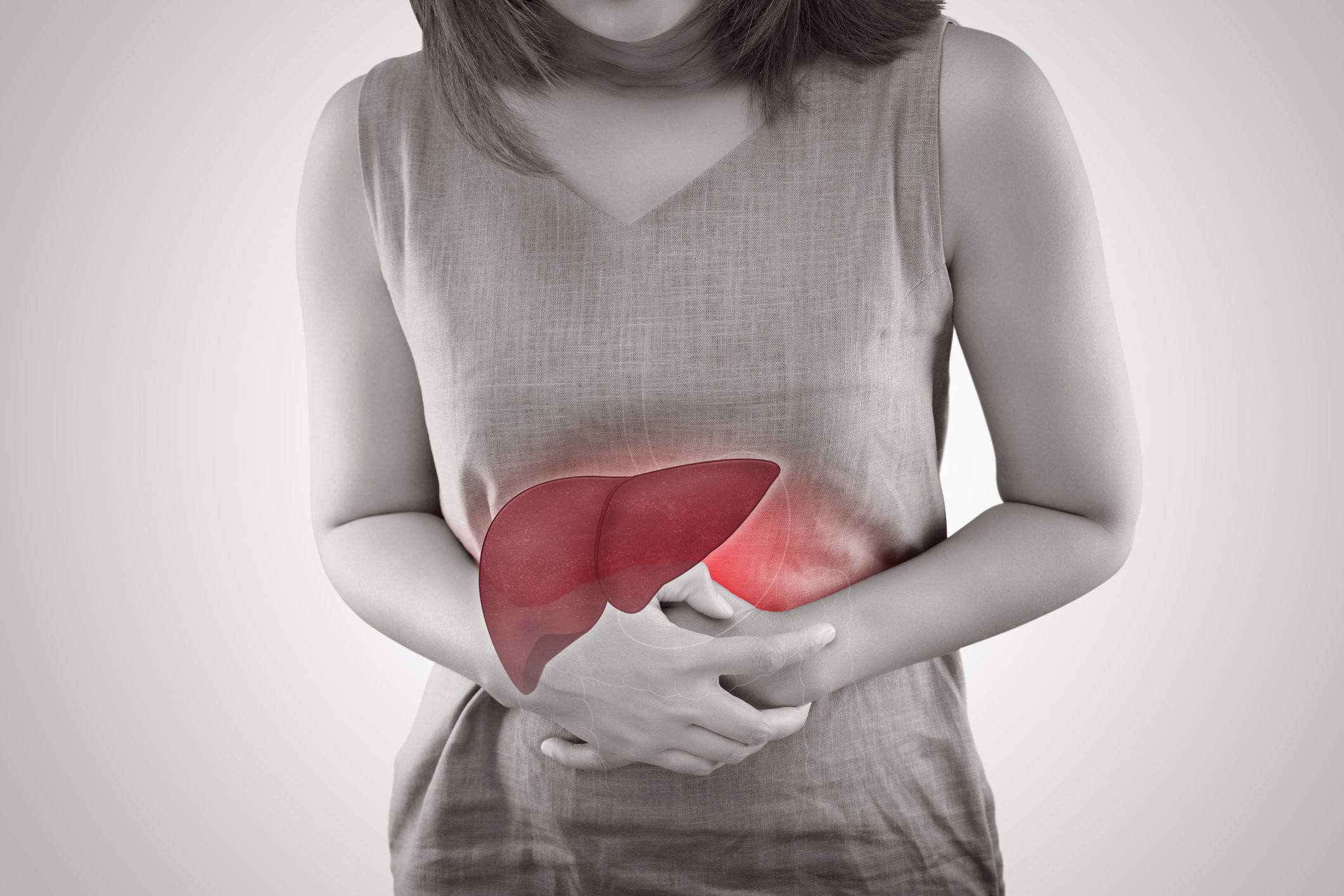Hepatitis E is a rising cause of acute hepatitis in developed nations. Most cases result in a mild and spontaneously cleared disease. Severe infections are characteristic of patients with previously established chronic liver disease and pregnant women. Dr. Maria Azevedo Silva and colleagues recently reported a case of severe hepatitis E in a non-pregnant heathy young woman. She lived in Portugal and had no relevant travel history. Since the patient was experiencing progressive jaundice, treatment with the antiviral agent ribavirin was started. She rapidly responded with clinical and biochemical improvement. Hepatitis E viraemia was negative after 12 weeks of treatment, remaining undetectable 3 months after its suspension. No side effects were registered.
Hepatitis E is currently an established cause of acute hepatitis in many developed countries, usually with a mild course and no need for targeted treatment. Severe cases often occur in risk populations, including cirrhotic patients and pregnant women, or are associated with genotype 1 infection acquired in well-known endemic locations. Amongst healthy immunocompetent individuals, severe hepatitis E acquired in developed nations is rare, with the majority of cases being reported in middle-aged and elderly men. Hepatitis E has been underdiagnosed in settings of endemically acquired severe hepatitis, probably due to its recent demographic change. Drug induced liver injury has been erroneously diagnosed in the presence of hepatitis E virus infection. This case highlights the significance of recognizing hepatitis E as endemic in European countries. Although rare, severe hepatitis E warranting antiviral therapy may occur in non-risk populations.
The experience with antiviral treatment on hepatitis E in immunocompetent patients without chronic liver disease is limited. The optimal dose and duration of ribavirin in hepatitis E remains to be defined. The authors performed a 12-week course of ribavirin (500 mg twice a day), which was extrapolated from experience with immunocompromised patients with prolonged viraemia. They postulate that a shorter course of treatment based on viraemia might have been effective and associated with a lower risk of adverse events. Nevertheless, a 12-week course is usually safe, as most cases, both in immunocompromised and immunocompetent patients, did not report severe adverse effects. Ribavirin has proved to be a successful treatment in this clinical setting. Further evidence is needed in order to make stronger recommendations regarding dose and length of treatment.
Read the original article:

